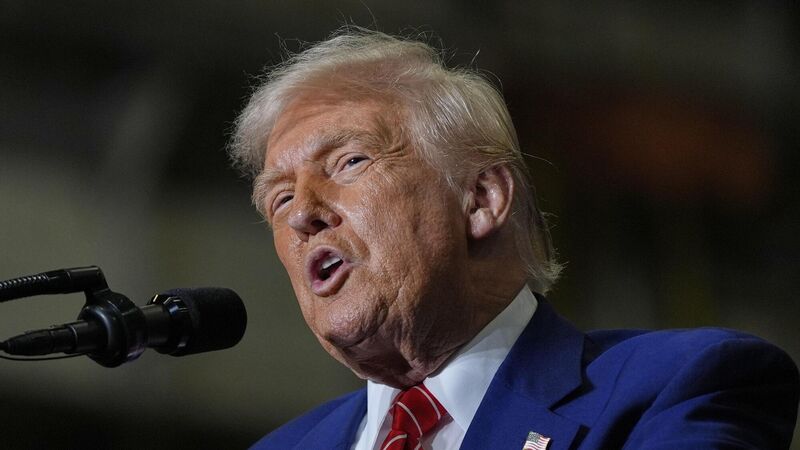Jim Power: Ireland must diversify as 'Taco' brings too much uncertainty

US president Donald Trump continues to cause market uncertainty, placing business planning in turmoil.
We always suspected that the second Trump presidency would be volatile, uncertain, and chaotic, but few would have guessed just how chaotic it would turn out to be, and unfortunately there is still a long way to go.
For business, for consumers, and for virtually every government around the globe, the result is huge uncertainty, and this does not bode well for future economic activity or political stability.











